Managing & Dungeons & Dragons
I’ve been thinking a lot lately about how the best Dungeon Masters and the best managers often share similar skills and philosophies. Both roles are all about understanding the team, working with a wide range of talents, and helping everyone feel engaged in the mission—whether that mission is saving a kingdom or completing a work project.
A big part of it, I think, is appreciating the diversity of the group. In D&D, every adventuring party is stronger because of its mix of roles—fighters, wizards, rogues. The same holds true in the workplace: teams with varied backgrounds and perspectives often find better solutions.
I also like how setting SMART goals—clear, measurable, achievable, relevant, and time-bound—helps keep everyone focused and motivated. In a game, it’s leveling up or defeating a villain; in real life, it might be meeting a project deadline or launching a new idea.
One thing that really resonates with me is the idea of flexibility—course-correcting rather than forcing a path. In D&D, you can’t railroad players without risking their investment in the game. In management, the best leaders adjust as the situation unfolds. And of course, no good team or party can run without some breaks along the way—short rests or coffee breaks can make all the difference.
Those are some of the parallels I see between gaming and leadership. If you want to hear more about these ideas—and how they play out at the table and in the office—check out the full video.
And if you’ve noticed similar parallels in your own experience, I’d love to hear your thoughts in the comments.
Cheers,
Brian
